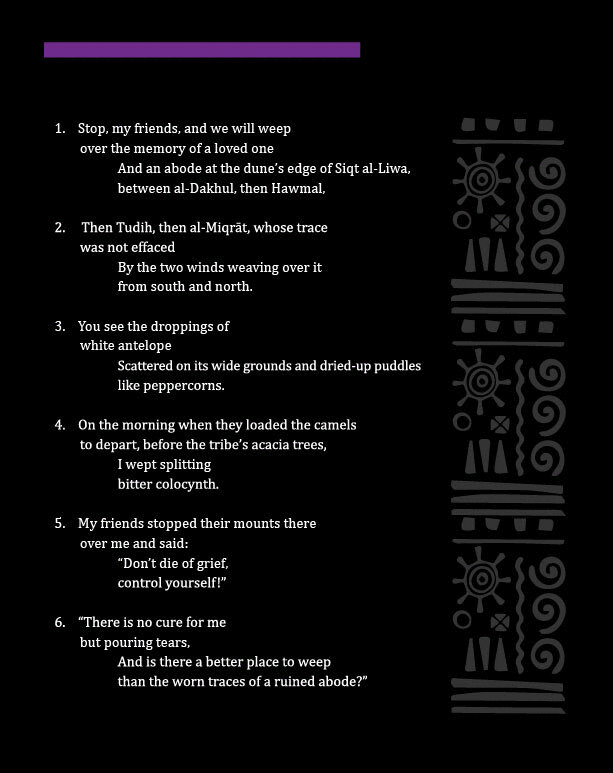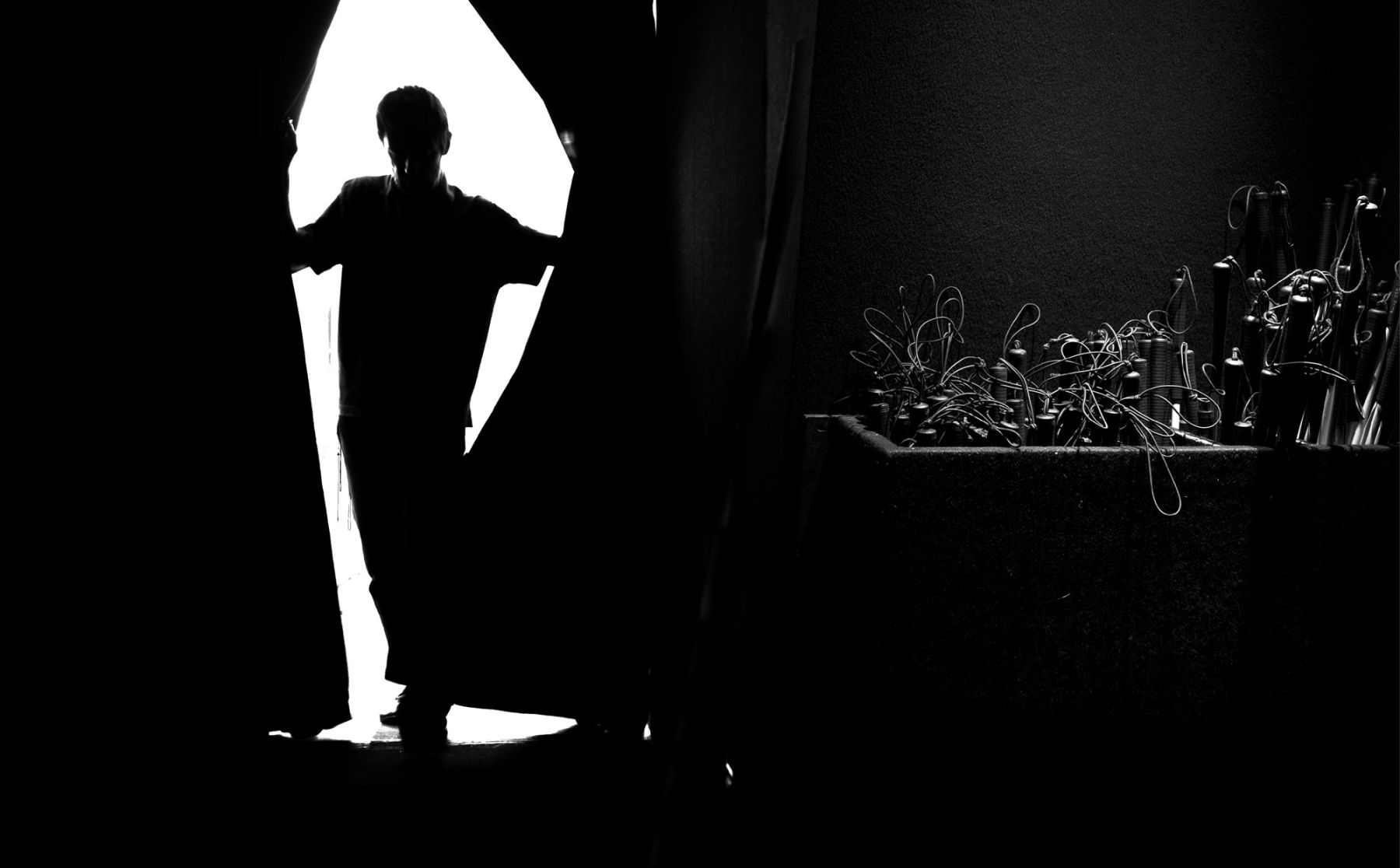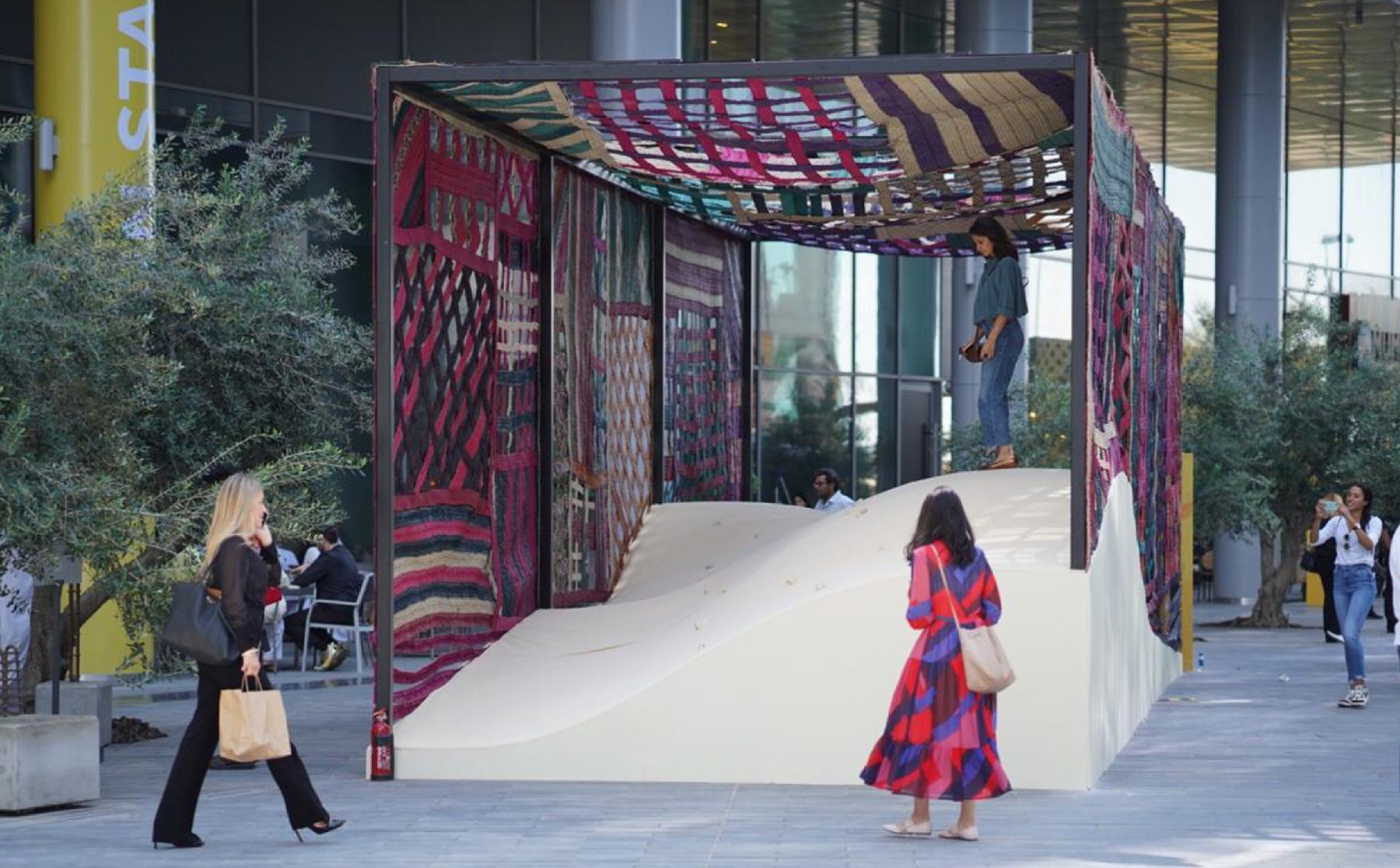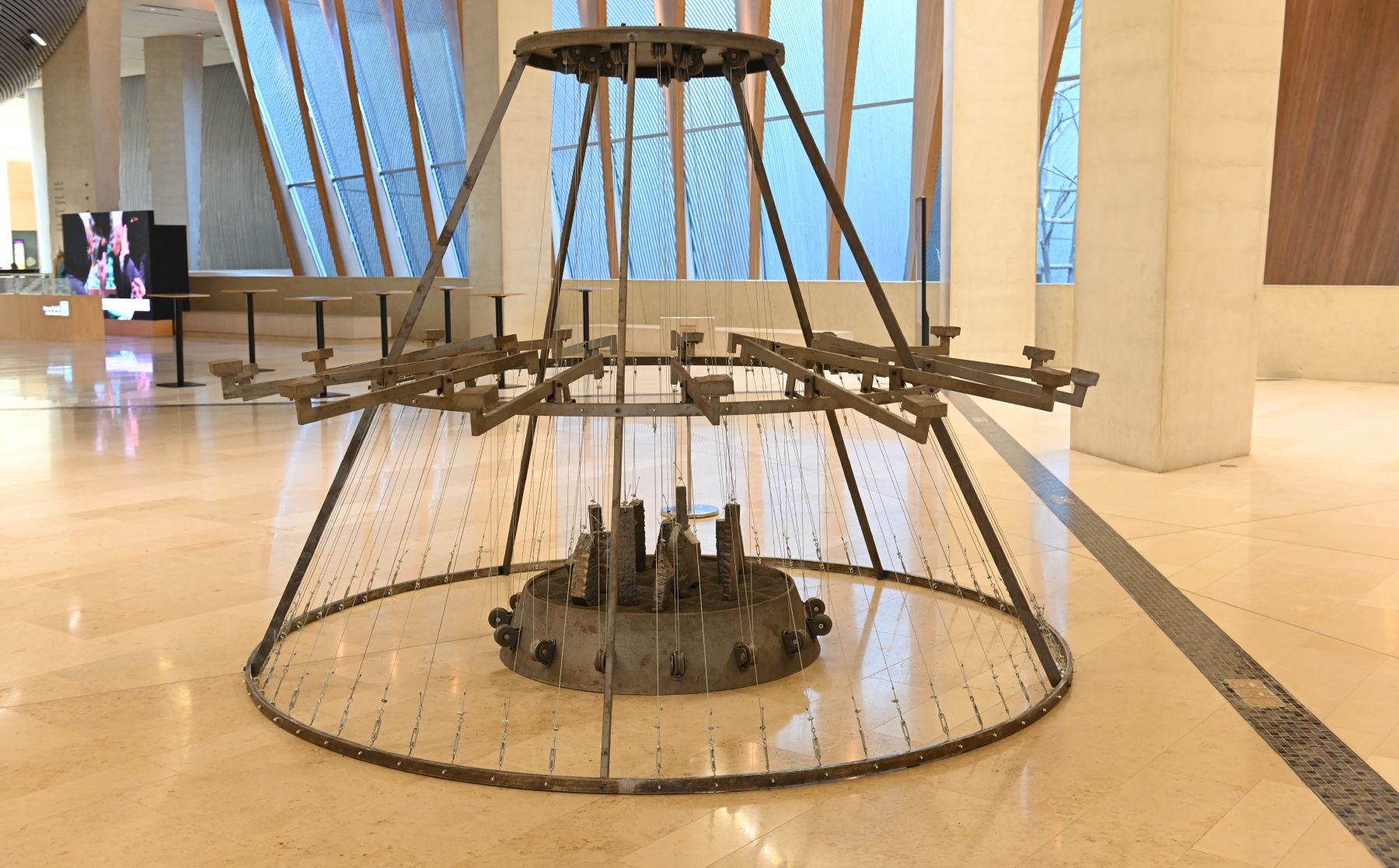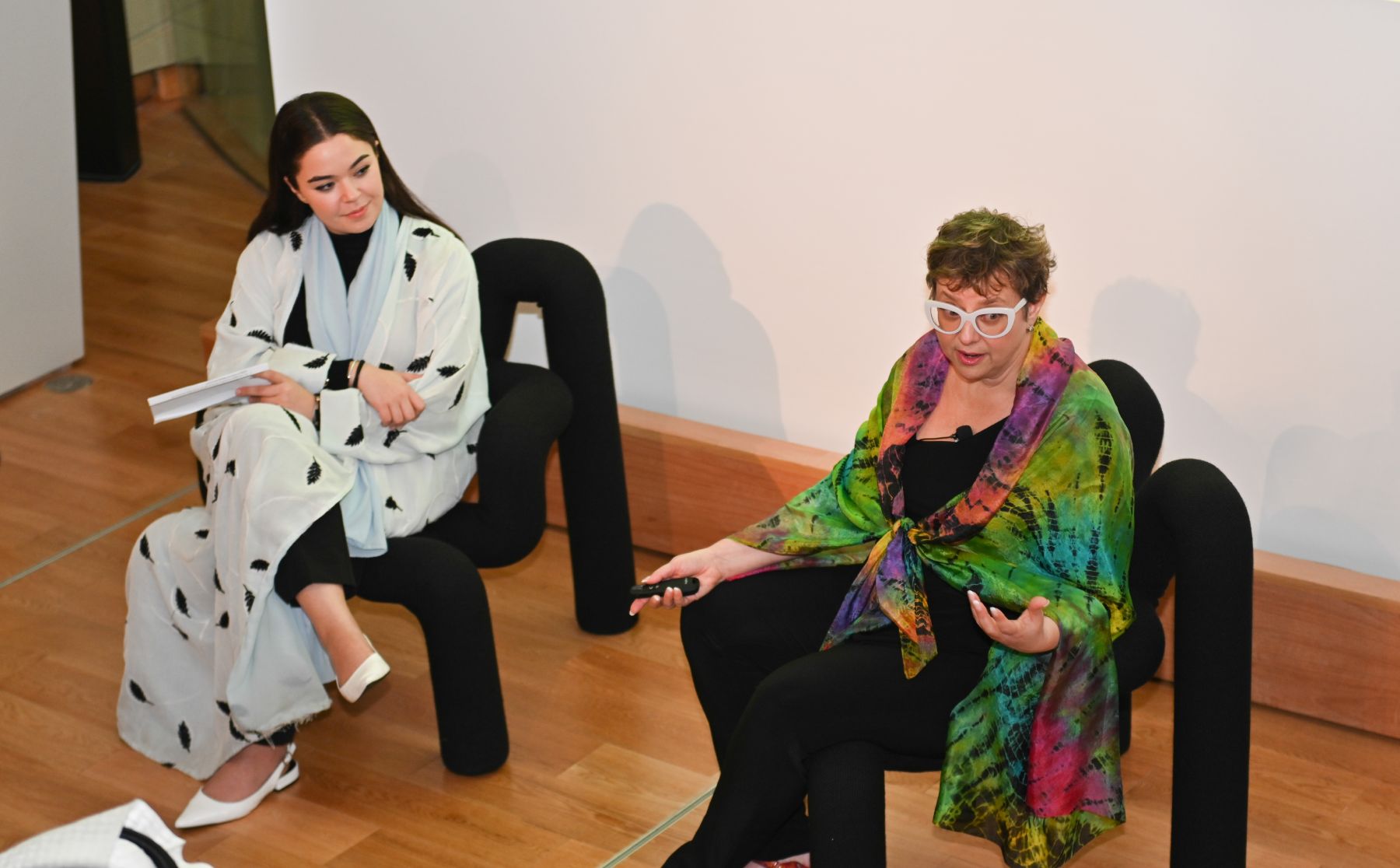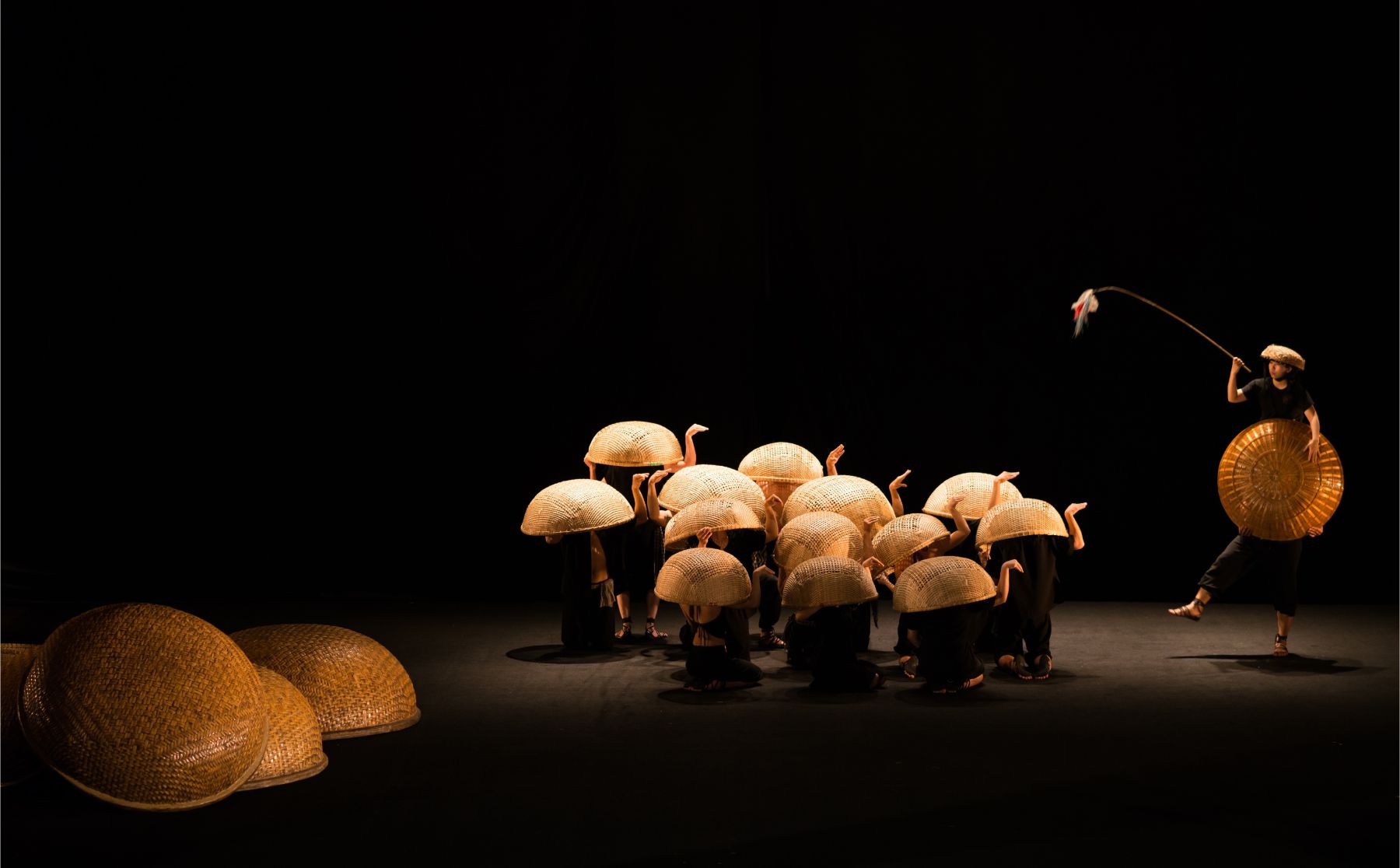Al Muʿallaqāt for Millennials
The Timeless Pre-Islamic Arabic Golden Odes
A legend goes that some time in the 8th century, a wise man called Hammad Al Rawiya (“The Transmitter” or “Rhapsodist”) took it upon himself to collect the “best of the best” of Arabic poetry. His mission was the preservation of the Arabic art form, after noticing a declining interest from the public.
He titled the collection he assembled Al Mu’allaqat, which means “suspended odes” or “hanging poems.” The compilation was so revered, it is believed the poems were reproduced on curtains with golden threads and hung on the Kaaba in Makkah.
They were also called The Long Seven, Samout (the thread that holds the pearls), Al-Mudhhabāt ( The Golden Ones) and other glorified titles given in honour of their depth and beauty.
But while the history of who compiled it, and whether indeed they were seven or ten poems, remains shrouded in mystery, their allure, their mastery of the language, and the depth of universal human feelings they embody has made this collection — written over 1,500 years ago—survive the test of time.
Al Mu’allaqat truly remains one of the most-cherished literary treasures of the Arab world.
To reintroduce them to a new generation, and new fans, both locally and globally, a new bilingual exquisitely designed book titled ‘Al Muʿallaqāt for Millennials: The Pre-Islamic Arabic Golden Odes’ was published this month in celebration of the Arabic Language Day. King Abdulaziz Center for World Culture (Ithra) in collaboration with Aramco’s Al-Qafilah magazine, produced this book to educate new generations about the human, aesthetic, and philosophical values of these ancient poems, and to share knowledge about their meaning and subject matter, in a manner accessible to modern readers.
It is a celebration of the beauty of the Arabic language by focusing on the culture and history of the Arabian Peninsula, and the lives of those who inhabited it over 1,000 years ago.
The collection was composed by accomplished authors of the pre-Islamic era, including: Imru’ Al Qays, the wandering king — also known as ‘al-Malik al-Ḍillīl’ (‘the errant king’)—; Tarafa, a pleasure-seeking youth; Zuhayr, a moralist; Antara, a black knight and Heathcliff-like romantic hero; the centenarian Labid; grief-stricken knight Amr ibn Kulthum, a regicide who laments over loss and grief; and Al Harith Ibn Hillizah, a leper who offers a tribal commentary.
Together, they offer insight into a colourful and forgotten time.
While each of the odes has its charms, it is perhaps this one featured here by Imru’ Al Qays – considered by many the father of Arabic poetry – that remains the most famous.
The poem opens with the two most famous words in Arabic poetry, qifā nabki: ‘Stop and we will weep’. The forlorn poet bids his companions to stop at the abandoned campsite, the ‘site of memory’ where his lost beloved once dwelt.
Imruʾ al-Qays is credited with being the first poet to make this request, termed al-istīqāf (asking to stop), the most time-honored opening motif of the qaṣīdah prelude in the Arabic tradition. To truly understand and appreciate this art of the qaṣīdah — the preeminent poetic form of the pre-Islamic tribal warrior aristocracy—you must read this book. It will be available to the public in January, 2021.
Full of heart, imagination, myths and eloquence, Al Mu’allaqat is an adventurous read of the characters and their thoughts and feelings that may resonate with you, even after hundreds of years since their inception.
‘Unceasingly I tippled the wine and took my joy
unceasingly I sold and squandered my hoard and my patrimony till all my family deserted me, every one of them
and I sat alone like a lonely camel scabby with mange.”
These lines, composed by Tarafa struck a chord with me as there have been a few fleeting moments in my life when I felt like a rejected and isolated mange-stricken camel.
Tarafa’s ode reflects his life, his insights, his adventures, his disappointment and betrayals, as well as his love of women and wine. In some ways he died as he had lived – dramatically. It is believed he did not even reach 30 years of age before he drowned in a barrel of wine. It wasn’t quite as poetic as it sounds because, as the story has it, there was some stabbing involved to make sure he did indeed meet his premature end.
There is something in Al Mu’allaqat for everyone, and like all great literary heritage, it is something not to be taken for granted.
Written by Rym Tina Ghazal


